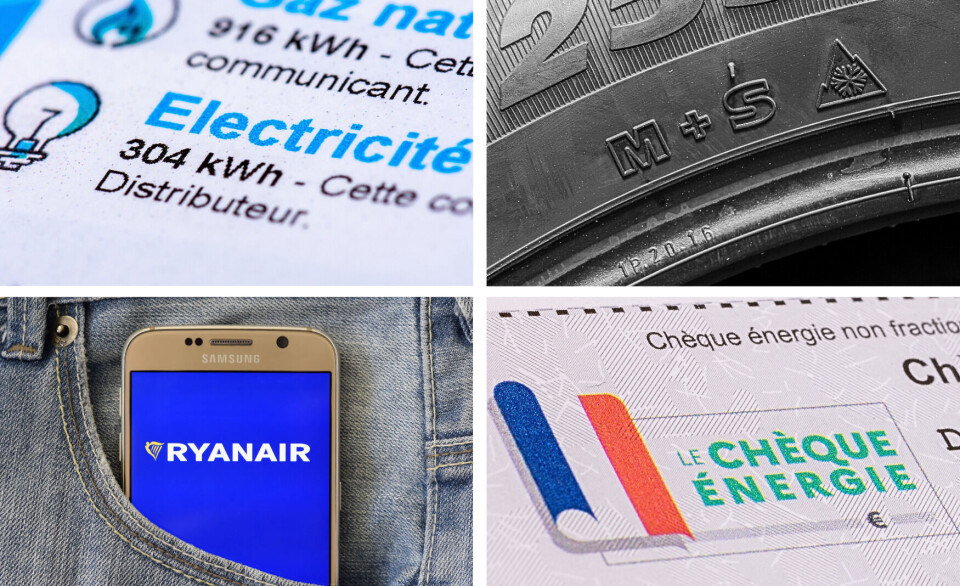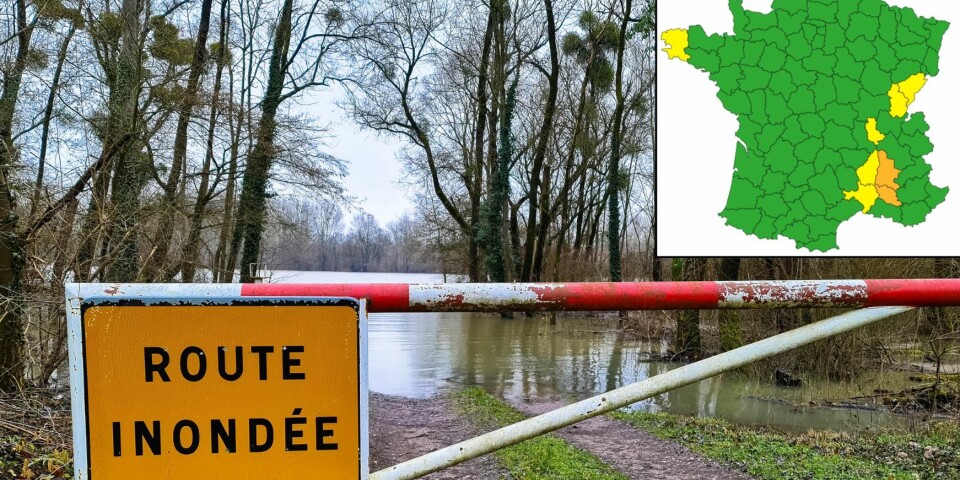-
The meaning and origins of ‘staircase wit’
Explore the origin of the fascinating phrase 'l’esprit de l’escalier', and how this concept reflects a universal human experience
-
The spooky story behind on n'est pas sorti de l'auberge
There are two possible etymologies for this expression - and one involves an alleged mass murder and cannibalism
-
What does lire dans le marc de café mean and when should it be used?
This useful expression draws a connection between coffee grounds and crystal balls
Improve your French: The many ways to use 'on'
The English translation of ' on ' as 'one' is just the tip of the linguistic iceberg when it comes to this common subject pronoun

“On” (one short nasal sound, no N sound) is a wonderful French subject pronoun.
Usually, "on" is translated as meaning 'one' or the impersonal subject pronoun used to translate sentences such as: ‘Is English spoken in this country?’ = Est-ce qu’on parle anglais dans ce pays?
"On" is indeed used this way. However, this is far from being the only way “on” is used in French.
On means 'we'
The most common use of “on” nowadays is to say 'we'
- Qu’est-ce qu’on fait ce soir? = What are we doing tonight?
- On va où? = Where are we going?
- On leur dit quoi? = What should we say to them?
On always uses a verb in the “il” form
No matter what it means, “on” will always use a third-person singular verb. Hence, you should say "on est", "on va", "on a" - and NOT “on sommes", "on allez", "on avez”…
Watch out, it’s a common mistake among English speakers!
On cannot mean “it”
On replaces a person. It may replace an unspecific person, for example:
"On est idéaliste quand on est jeune" = One is an idealist when one is young.
Or even passive construction such as in my first example: “Est-ce qu’on parle anglais dans ce pays?" = Does one speak English in this country?
But “on” doesn’t replace a thing or an idea, so not an “it”.
Apart from it, “on” can replace pretty much all the other French subject pronouns
I’m not saying that it would work all the time but in the right context, it could.
- On = nous (we). In today’s French, it’s almost the norm.
On est arrivés ! We’re here!
- On = vous (you) In a general sense, like 'you the people'… Pretty common
"Quand on est malade, on est fatigués, c’est normal !" = When you’re sick, you’re tired, it’s normal!
- On = ils or elles (they) People of a group, in a general sense. Pretty common.
"Qu’est-ce qu’on fait en France pour Noël ?: = What do they do in France for Christmas?
- On = il or elle (he or she) not so common, but used kind of like some people talk about themselves at the 3rd person… It’s wrong, but it’s done.
"Qu’est-ce qu’on veut aujourd’hui ?" = What does he/she want today?
- On = tu (you one person) A way to mock someone, to burn someone… Difficult to explain without a full context…
"Alors Pierre? On aime se moquer de son professeur ?" = So Peter ? You enjoy mocking your teacher?
Often, you won’t even hear the “on”
The most difficult thing about “on” is that it’s almost silent… It can be so difficult to pick up in a sentence. Even worse, when followed by a vowel, there is a strong liaison in N, which may make you believe it’s a negative sentence!
"On est comme on est" = 'One is the way one is' – a famous French saying.
I hope this sheds some little on this tricky, but so useful French word. Want to know more? Read French Today's in-depth article on “on”
This article was written by Camille Chevalier-Karfis, blog writer and founder of FrenchToday
Related articles
Where does the word 'attestation' come from?
10 tips for speaking better French
Sound like a French native - use this word instead of 'rien'
























